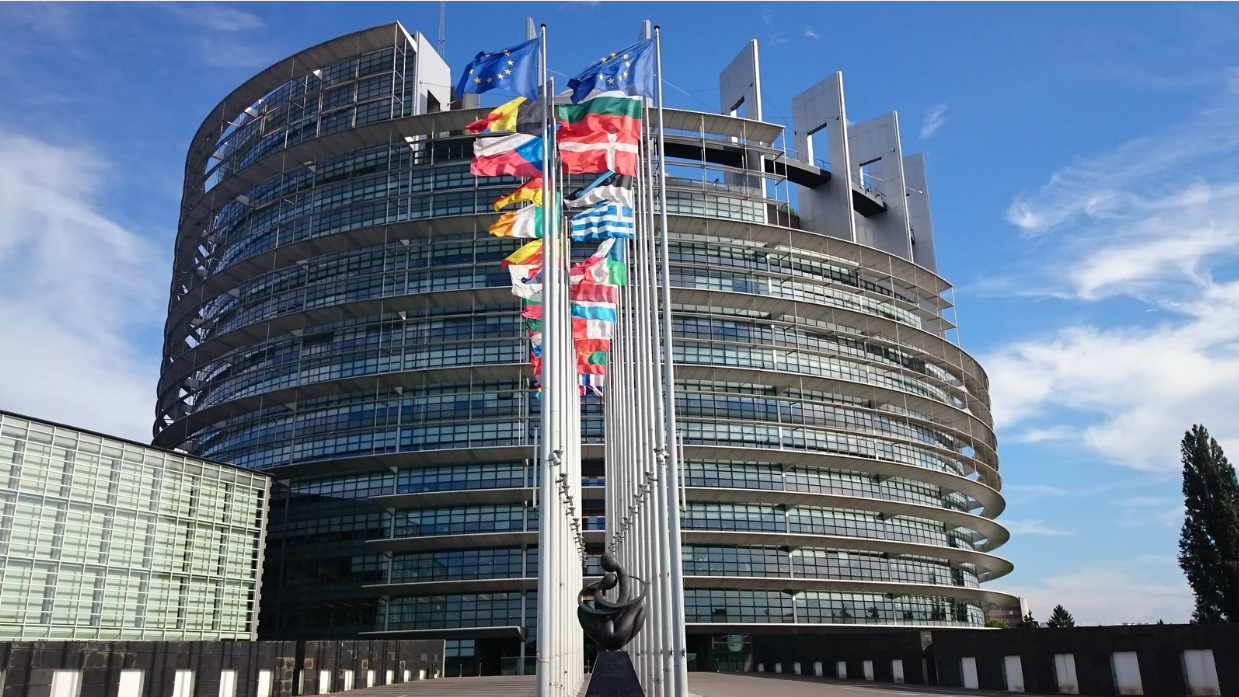Why is renewable energy support important for companies?
Renewable energy subsidies will continue to be of paramount importance in 2025, both in terms of sustainability and corporate cost reduction. The green transition not only serves environmental goals, but also provides a long-term competitive advantage to companies that respond in a timely manner to the changing energy and economic environment.
What government subsidies and grants are available? Below is a summary of the most important schemes for small, medium and large companies.
Renewable energy subsidies available to large companies
Of the renewable energy subsidies available to large companies, two key options will become available in the second half of 2025.
Jedlik Ányos Energy Program – Solar panels, wind energy, energy storage
The aim of the Jedlik Ányos Energy Program is to support the development of renewable energy sources, in particular to ensure that businesses have their own independent energy supply. Based on the draft call for proposals, up to 30% of the costs can be spent on the purchase of renewable energy generation equipment (e.g. wind energy, solar energy, heat pumps). The remaining costs must be spent on energy storage equipment and related tools and services.
Large companies (even those located in Budapest) are eligible for a 30% non-repayable grant under the scheme. The minimum grant amount is HUF 10 million and the maximum is HUF 1 billion.
Example: A manufacturing company in Budapest installs a solar panel system and a large-capacity battery energy storage system, which reduces its annual grid electricity consumption by 25%. The total value of the investment is HUF 500 million, for which it receives a non-repayable subsidy of HUF 150 million.
IGD subsidy for large companies – Based on an individual government decision
The other option is a subsidy that can be granted by individual government decision (IGD), for which, depending on the location of the investment, an investment concept of at least HUF 800 million can be applied for. Under the IGD subsidy, up to 50% of the total cost may be related to renewable energy production and storage, while the other 50% may be spent on equipment purchases, land purchases, real estate construction or purchases.
Depending on the location of the investment, large companies can receive up to 50-60% support, but the exact amount is decided on a case-by-case basis based on the investment concept submitted.
Example: A company operating in an industrial park in Szeged is building a new site that is entirely based on renewable energy sources (solar panel system and heat pump). The value of the investment is HUF 1.2 billion, for which the company will receive HUF 400 million in EKD support.
Renewable energy tenders available to small and medium-sized enterprises
Three options will be available to small and medium-sized enterprises in the second half of 2025.
Jedlik Program support for small and medium-sized enterprises
One of these is a tender announced under the Jedlik Ányos Energy Program, which supports businesses' own independent energy supply. According to the draft tender, up to 30% of the costs can be spent on renewable energy production equipment (e.g. wind energy, solar energy, heat pumps), while the remainder must be spent on energy storage and related equipment and services.
Small businesses are expected to receive 50% support and medium-sized businesses 40% support under the energy tender, even in Budapest.
Example: A small rural vegetable trading business installs a rooftop solar panel system and builds a modern energy storage facility for its cold storage building. The total cost of the investment is HUF 40 million, of which HUF 20 million is eligible for non-repayable support.
National Champions Combined Loan Program – Green and Digital Transition
The other option is the National Champions Combined Loan Program for green and digital transition, which consists of an interest-free loan and a 30% non-repayable grant. Under the program, up to 50% of the total cost can be spent on renewable energy production and storage, while the remainder can be used for equipment purchases, land purchases, real estate construction, inventory purchases, IT development, or even the purchase of electric vehicles.
Loans of between HUF 150 million and HUF 600 million can be applied for under the loan program, with 10% own contribution required.
Example: A medium-sized packaging company builds its own solar panel system while also purchasing new IT infrastructure, manufacturing equipment, and electric trucks for modernization purposes. The total value of the project is HUF 300 million, of which HUF 290 million is provided in the form of an interest-free loan, and the company does not have to repay 30% of the loan because it has been converted into a non-repayable grant.
IGD support for medium-sized companies
The third option is support that can be provided by individual government decision (IGD), for which, as with large companies, applications can be submitted with an investment concept of at least HUF 800 million, depending on the location of the investment. Under the EKD subsidy, up to 50% of the total cost can be spent on renewable energy production and storage, and the other 50% can be spent on equipment purchases, land purchases, real estate construction or purchases.
Depending on the location of the investment, medium-sized companies may be eligible for up to 60% support, but the amount of support will be decided on a case-by-case basis based on the investment concept submitted.
Example:A medium-sized company is building a new factory and switching entirely to renewable energy. The project is worth HUF 900 million, for which it is requesting HUF 350 million in EKD support, with the remaining amount covered by its own resources and bank loans.



